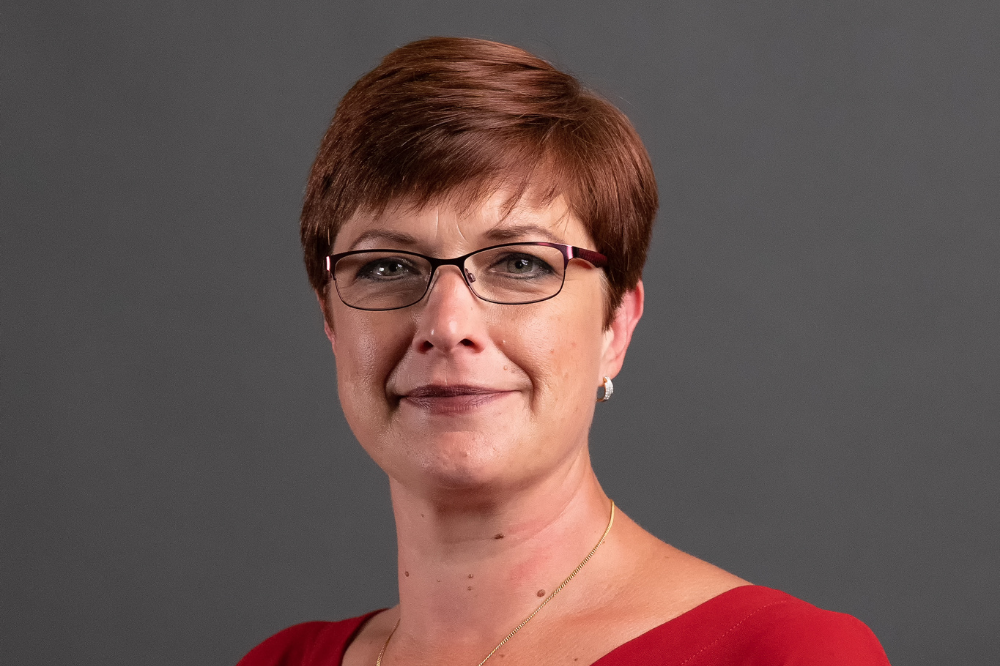IBANZ chief: "A broker has more obligation than an insurer"

“People really have to start focussing on – with that great unknown – what their insurance spend was and [whether] it made sense. The brokers, I think, had a bit more of a captured audience with clients than normal, to try and make sure that, ‘OK, you need to save money, but literally talk through your business, get to know what’s happening, where you’re hurting, what your concerns are, and then look at what options there might be’.”
“They felt they gained a much better appreciation of the clients that they were able to talk to at that time,” she added, “and it felt like they were delivering quite a lot of value when their clients really needed it.”
For Gorham, insurance is so intangible that it is an interesting product to sell.
The IBANZ chief told Insurance Business: “It’s not something that you feel the benefit of immediately. Yes, some might need it to be able to win contracts or conduct business because it’s a requirement of the contract, but, for the most part, you don’t understand the value of what you’ve bought, or the lack of value of what you’ve bought if you haven’t bought the right product, until claims time.
“And if you’ve spent unwisely, that’s a dreadful time to work it out. So, it’s a very interesting product to be involved in.”
Broking versus underwriting
Gorham, whose credentials include years spent at Marsh and QBE, also deconstructed the respective roles of the broker and the insurer. The perspectives, she said, are very different.
“If you’re working for the underwriter, if a broker approaches you for insurance, you have the ability to say, ‘It’s not within our risk appetite’, or you put your exclusions and those sorts of things on,” explained the industry stalwart. “As a broker, that’s not really an option, I found anyway, when I was broking. So, your client comes to you and needs help, you try and find them a solution.
“Whereas an underwriter can sit there and go, ‘No, that’s not for me’, then the broker needs to go find another underwriter to try and find a solution that the client wants. Fundamentally, your outlooks and your obligations are really wildly different, and will continue to be quite wildly different, because of that higher duty of care that the broker owes to avoid conflicts, to act in the client’s best interest, and to provide them with the individual advice.”
It is that duty of care – making sure you’re across what the client needs, that you have enough information and timeframes, and that you’re getting the best deal that you can get in terms of both cover and premium – that the CEO places incredible importance on.
Gorham went on to say: “Whereas the insurers, yes, there is this conduct legislation in front of government with regards to insurers being financial institutions, but it stops a lot shorter than it does for a broker because they need to look at conduct as an overall for that clientele, as opposed to for the individual client.
“[Insurers] are not independent, whereas our members are providing independent advice. So, the obligation for the insurer is far greater to the company they work for, as opposed to the broker where they have a much greater obligation to the client.”
Regulatory impact
As for the issue of oversight, Gorham’s camp is vocal in terms of the possible unintended consequence of the new regulations.
“I commend the government for raising the professionalism and improving conduct,” the IBANZ boss told Insurance Business. “The overriding concern that we have, for clients of our members, is it is probably going to drive worse outcomes for consumers in the intermediated space, because of the duplication that they’re bringing in with insurers having oversight of all intermediaries.
“I think there is a great opportunity for the government, through the extended consultation period, to really take onboard what the industry is telling them about what they’re likely to drive in terms of worse outcomes. As I said, a broker’s obligations and duties are quite different from an insurer’s. There’s a diverging set of interests, and there is an imbalance being created, which ends up with the consumer probably paying the price for that.”
Meanwhile, there’s also the administrative burden that is tied to the regulatory changes.
Gorham noted: “That has a significant impact on the number of staff that you need for some of the organisations, and also on the cost of delivering the service that you’re providing. And for a lot of our members, they were all doing a good job, but it’s that extra layer of proof and evidencing and doing it in the way that we need to do it which I think is the bit that members have struggled with, because it takes time away from the client.
“And a lot of them for no better outcome, because they’re already delivering a great quality of service. I think that’s always the difficulty with the legislation and regulation. There’s no argument that we want to be taken seriously as a profession, and we want to be sure that we’re doing the right thing, but so many were doing that and then there’s all these extra layers that come on for the few, unfortunately, that aren’t.”





